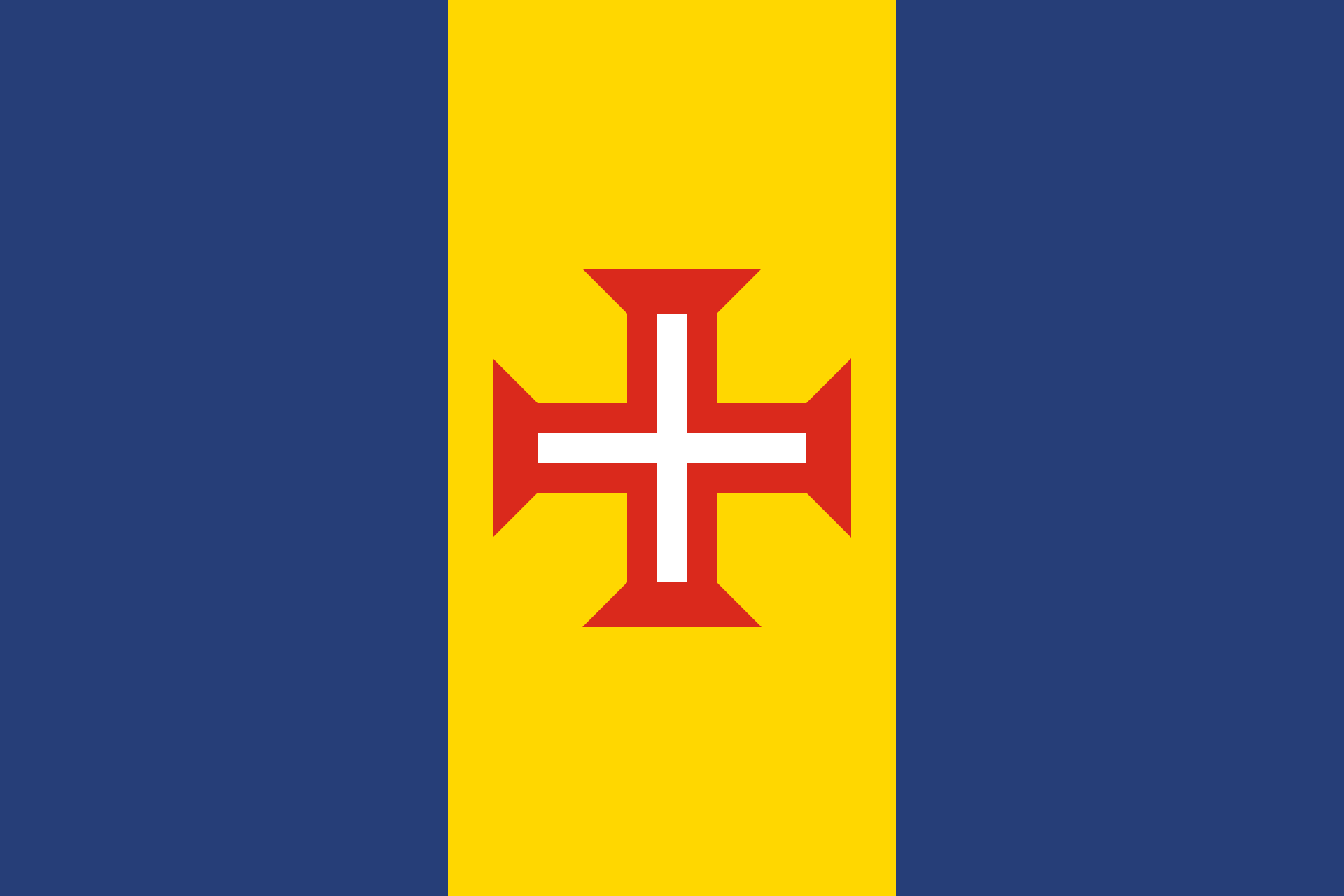I am from Georgia, and have been living in Madeira for 4 years now. I joined Teatro Metaphora as a volunteer in 2018 when the project was already running. My first thought was, “What are these crazy people doing?” I watched them literally transform waste by hand. It was unbelievable! For me working manually was new, I had little confidence in myself in the beginning. Then I learnt the techniques and to trust my skills — even to teach others. I had also volunteered before, in Georgia, where I had my organisation working on social issues and inclusion, but this experience in Madeira is totally different. The whole community is involved in it. People come after work to take part and build something together. And they are very different in terms of personality, background and age. But still they engage in discussions all together — while creating something wonderful.
Collect trash and turn it into surprising art pieces! Infusing creativity with caring, a group of eco-friendly volunteers has been doing exactly this in the marvellous island of Madeira. The result? Throughout the years, their installations have attracted attention to important environmental issues and inspired thousands to live in a more sustainable way!
Participation is to have a voice. Whatever you are fighting for, commit yourself 100% and inspire others to go with you. It is not an easy process, but in your daily life you will always find people who share your vision.
The idea came from a group of young people who had two passions in common: theatre and environment. Jose Rodrigues, author of the project and president of Teatro Metaphora, Lídia Canha, project coordinator, and Ani Sparsiashvili, project team member, told us their fascinating story of “going green”.
Why did you start creating art pieces reusing thrown away objects and materials?
A few years ago, there was an invitation from our municipality, Câmara de Lobos on Madeira Island, to create decorations for some local festivities. Although in the call there was nothing about using recycled materials, it looked like an amazing opportunity to send a message to a wide audience: Don’t create more trash!
What was your objective?
In Madeira, maybe compared to other places, there is not much rubbish, but you can find quite a lot of waste on the mountain routes where tourists pass. There is a global discourse going on about being more sustainable, but we still fail to act as humanity. We wanted to make our local community see the whole picture and understand that all our actions have an impact on the lives of other people. For example, when buying clothes made in Bangladesh, we support the exploitation of many people. With the involvement of young volunteers, we wanted to bring light to issues like this. Additionally, Madeira is a small island where it is difficult to find learning opportunities. Therefore, we aimed at providing an informal place for young people where they can grow, share, and connect. We see how they arrive shy, then they open up, bring out their creative ideas and become crazy about creation like us.
How were the community’s first reactions to seeing washing machine lamps and colourful shirts hanging over the street as installations?
People were surprised and didn’t really understand them, but as time passed, year by year, they got more enthusiastic. True, at first they found it unusual, but by talking and reflecting about it together, as a community, they got the point. Now they can’t wait for our new pieces of art, and are asking us constantly what theme we will choose for the next year!
How was your team composed in the beginning and how is it now?
Teatro Metaphora was formed in 2009 by a group of friends working in local theatre companies. We wanted to bring more theatre plays to our island, to be more involved in our community’s life and to take care of our world on a collective level. Back then, around 2015, we applied for a European Youth in Action project and realised a 6-month-long local Youth Initiative. Our group of young people proposed movie sessions, clean-up activities, and study visits to natural reserves to the community. One activity was to challenge participants to transform trash into art and have a final exhibition. Somehow this was the seed that grew into something bigger. Today, we are basically five people working at Teatro Metaphora, but there are many local and international volunteers helping us.
How do you structure your activities?
Every year we come up with a different topic. For example, we made “shirt chandeliers” in order to raise awareness about sustainable clothing. First, people said they looked like ghosts. But then they reflected, yes, it is true, we are buying too many clothes for nothing. Green Steps requires lots of planning. We create a yearly timeline setting out what we want, but some elements are unpredictable. We collect trash, choose a topic such as ‘sustainable clothing’ or ‘consumption’, and then finally, upcycling — the real creation can start! The exhibition is always around the end of June, but we don’t stop there! We have many side-activities like creative workshops, movie discussions, and street campaigns promoting the protection of our environment. In the summer we organise children’s recycling camps, where they also learn about society. We visit schools, or schools come to us to learn how to create art installations. We organise eco-marathons, inspired by the concept of plogging. And we make videos of these eco-hikings to promote sustainability even more! We try to involve all sections of society. Luckily, we receive lots of emails and calls, and many new people join our activities each year.
What do you consider your biggest achievements?
The lamps made of washing machine drums were the ones that maybe boosted our artistic creation project the most. It spread all over the media, and we also exhibited them abroad, at the Amsterdam Light Festival 2018-2019. But the real result is that people’s mindsets have been changing in the process! Locals became curious and started to see a value in the installations. It is a great way of involving people! Also, they started noticing the consequences of our actions. We don’t tell anybody explicitly that something is bad, but the public reflects and makes their choices. Many participants, as well as locals who have seen the installations, have changed some aspects of their way of living. They have become more willing to find eco-friendly solutions. For example, after we worked with soft drink cans, people reported they stopped drinking these kinds of drinks.
Where does your inspiration come from? Do you have a background in art?
All this work is done by people with no formal artistic education. We learnt by doing and experimenting. Mistakes help us grow! When we brainstorm together, good ideas flow. It is a collective work of many different steps and several enthusiastic people.
Have you had to overcome any difficulties?
Sometimes you need to be recognised internationally to be recognised locally. It made the resistance of our local public go away. Another obstacle is that sometimes materials and particular objects we want to use are missing, and we are just a few people with much to do. We collect waste in our plogging activities, and local people bring us stuff, but these resources are not always enough. In this case, we make a post or a call, and talk to people. If we plan to work with old pans, we ask the chefs we know, or ones we meet when going to a restaurant. When we were searching for big containers, we asked literally everybody to help find them. In the end, by asking around, we found a person who pointed us in the right direction. The secret is trusting the community! And in the end, we always know somebody who knows somebody who can help us out with what we need. The lockdown was difficult too, but we organised schedules so that people could participate in a safe way.
How do you finance your activities?
Since 2015, we haven’t applied for funding for Green Steps, as you do not really need much money for these activities. What you need is passion, support, and input! When all individuals in the group have these, we can create something cool. The municipality supports us with some money, and in 2019 we won the Gulbenkian prize which we used to improve our situation and organise our place better, but we mostly use our own resources. Volunteers invest their time, and the community helps to find waste and all other materials we need.
What is your major learning from Green Steps?
In today’s competitive society we feel better when we grow together and interact. We have had so much fun in our activities since the beginning! We formed the first initiatives because we liked each other very much, and we were happy to make other people happy. When you do things for and with joy, then the fruits will come. Drop the individual perspective, and act for everybody, even for the future generations.
Would you give some advice to other activists or youth in general?
Believe in your intentions and carry on. Use all the support you can because cooperation is key. Some people are alone and bored with their daily routine, so when they are offered a chance to be useful, they are eager to get active. Everyone counts! The more people you involve the better it is. If you talk to people, they’ll tell you what they need. We have the power to make change if we act in a group. Young people should be encouraged to get involved even without having any expertise. Don’t limit yourself, but try! We are not artists, but we can create amazing stuff! We would like young people who do not trust themselves to open up, and try many times, because results don’t come right away. Sometimes activism is just about attracting attention. Surprise, plant seeds, make people think, and activate! Step by step, this is the way to transform ourselves.
About the project
EU Youth Programme Priority:
Sustainability, Environmental and Climate Goals
Topic:
Youth Participation / Activism and Decision Making
Youth Goals:
Visibility:
Sometimes the strongest message contains no words. PET bottles, discarded CDs and soft drink cans are turned into something colourful and fun, while also carrying an important message about our impact on the planet! The creative installations circling around different environmental themes have engaged the attention of a wide public , both locally and internationally. Involving many young citizens of the island and international volunteers. The lamps they created from washing machine drums were exhibited at the Amsterdam Light Festival 2018-2019.
Organisations involved:
Teatro Metaphora (Portugal)







